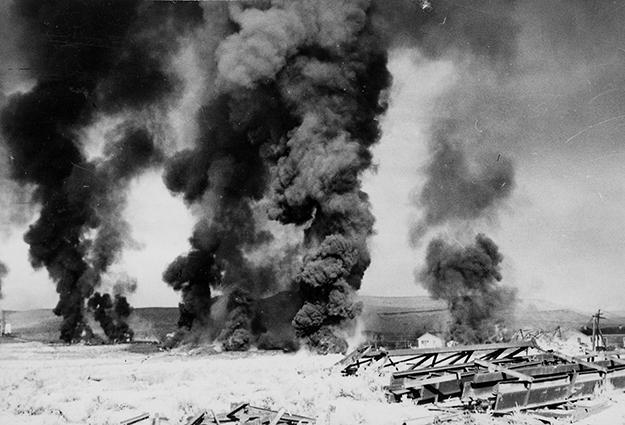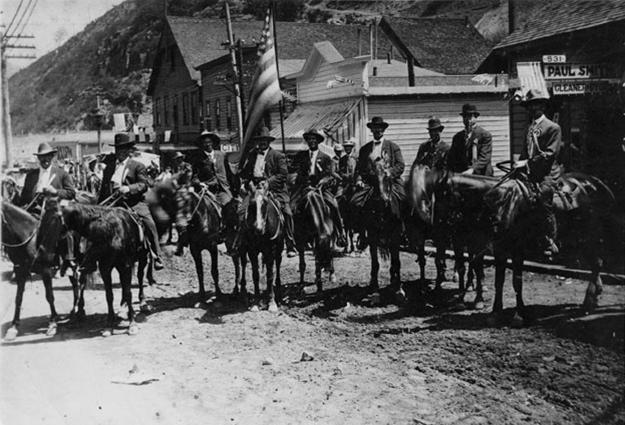There are undeniable benefits to mining: the industry provides the raw materials and energy that heat our homes, provide elements used in our electronic devices, and power our cars, machines, and buildings. Mining operations are comprised of thousands of individuals, who have have continually relied on the steady paycheck made possible by the industry’s continued vigor. In the late nineteenth and early twentieth centuries, the labor pool in Utah was supplemented with a large influx of people of color and immigrants. Communities that had previously had little contact came into close, and sometimes uncomfortable, proximity with each other and with toxic substances produced by and used in mining operations. Unethical and unsafe working conditions and cleanup practices have had devastating effects both on mine laborers and others living in proximity to some operations, disproportionately affecting the poor, immigrants, and Native Peoples.
 A digital publication from the J. Willard Marriott Library and the Utah Museum of Fine Arts
A digital publication from the J. Willard Marriott Library and the Utah Museum of Fine Arts
